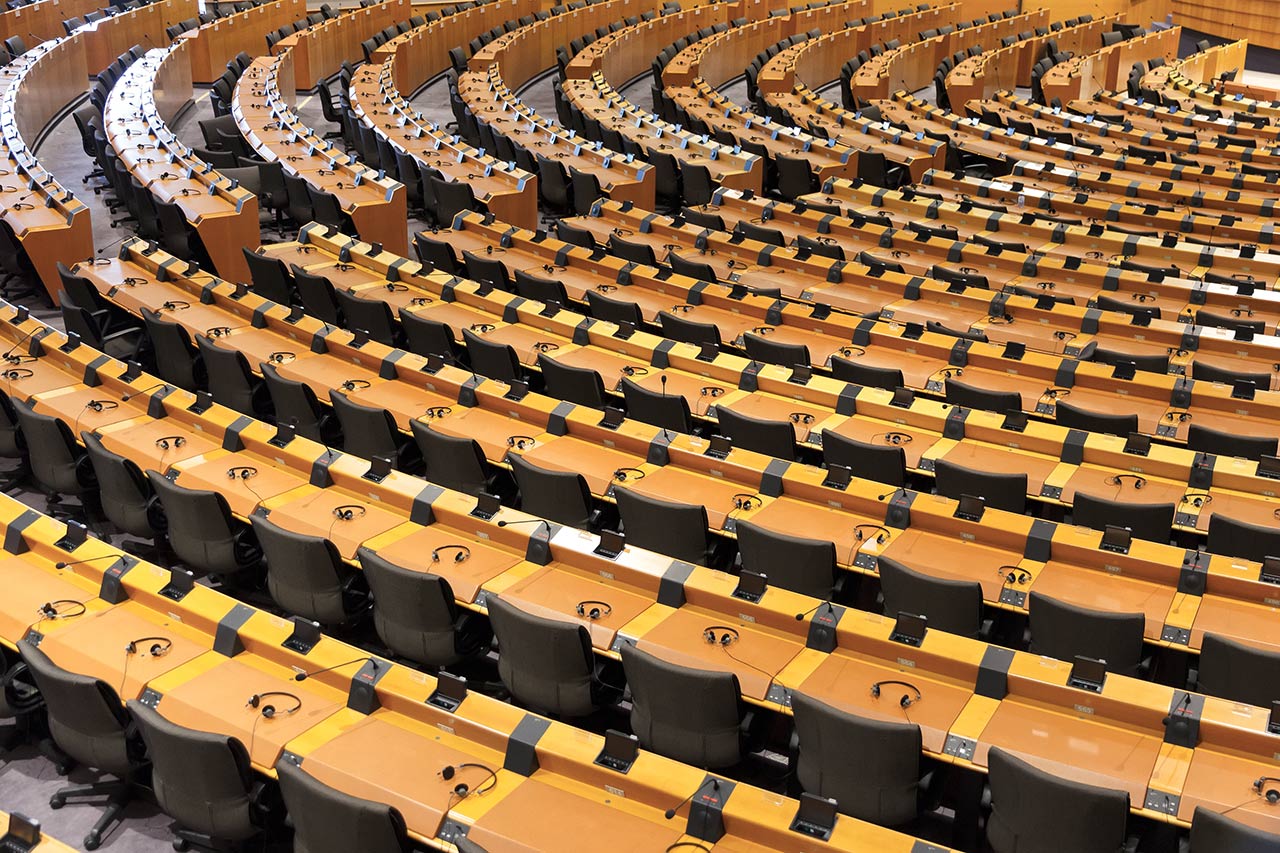Non-state actors in International Relations
A short answer question detailing the impact of non-state actors on the domination of realism in International Relations
Question
Does the increase in non-state actors challenge the dominance of realism in International Relations?
Answer
As Willetts notes ‘there are now five main categories of political actors in the global system’ (2008:332) including state governments, transnational companies, single government non-governmental organisations, International Organisations and international non-governmental organisations. This is in addition to other non-state actors including terrorist organisations and criminal gangs.
Such a complex international system and the increase of influence and number of non-state political actors could suggest that the timeless wisdom of realism (Buzan, 1996) has been challenged.
Arguments in support of this view note that ‘the state’ is an ever more elusive term in light of an interdependent world and is used inconsistently in international relations thus, lacking utility in the study of international politics. Moreover, there is a diversion between the notion of state and ‘nation’ and the importance of identity politics in contemporary society challenges which realism does not account for. Furthermore, although some realists may suggest that the state ultimately sanctions and legitimises some non-state actors in international politics for example, the United Nations, this cannot be said of terrorist groups such as ISIS which in recent years, have become prominent in the international arena.
References
Buzan, B. (1996) ‘The timeless wisdom of realism?’ in S.Smith. K. Booth and M. Zalewski (ed) International Theory: positivism and beyond, Cambridge, Cambridge University Press, pp. 47-65
Willetts, P. (2008) ‘Transnational actors and international organisations in global politics’ In J. Baylis, S.Smith and P. Owens (ed) The Globalization of World Politics: An introduction to international relations, 4th edition, Oxford: Oxford University Press pp.331-348
